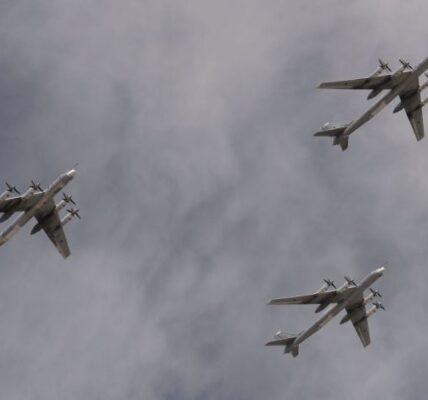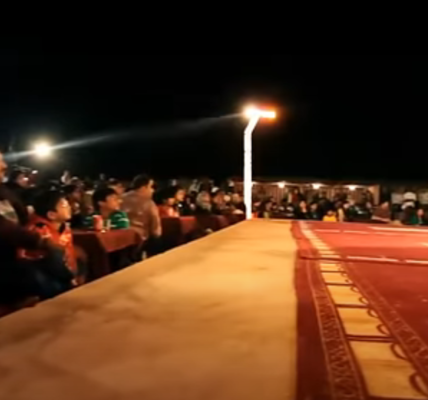in a significant development amid the ongoing conflict, Hamas has indicated its willingness to pursue an immediate ceasefire with Israel. This potential truce is linked to a proposal made by U.S. President Joe Biden several months ago. A Hamas delegation recently met with Qatari and Egyptian mediators in Doha to discuss the terms of a ceasefire and explore a possible deal for exchanging hostages and prisoners.
As these diplomatic discussions unfold, Israel perceives Hamas’ readiness to negotiate as a sign of mounting pressure on the militant group.
Israel’s Perspective: A Sign of Strain on Hamas
Israeli officials believe that Hamas’ move towards a ceasefire reflects serious internal difficulties. Israeli Defense Minister Yoav Gallant has released a letter, reportedly sent to Hamas leader Yahya Sinwar by a former Hamas commander, which acknowledges significant losses suffered by the group. The letter details the destruction of critical rocket-launching equipment and anti-tank launchers, supporting Israel’s view that its military actions are effectively weakening Hamas.
Despite these setbacks, Israel continues its military operations to further diminish Hamas’ capabilities. Prime Minister Benjamin Netanyahu has emphasized that any concessions or pauses in military pressure could embolden Hamas and potentially undermine Israel’s strategic objectives.
U.S. to Present New Ceasefire Proposal
The U.S., under the guidance of Secretary of State Antony Blinken, is preparing to unveil a new proposal aimed at brokering a ceasefire. This initiative seeks to address the ongoing conflict and facilitate negotiations for a truce. However, Israel remains cautious about any proposals that might impact the safety of hostages held by Hamas.
Recent reports of the killing of six hostages in a Gaza tunnel underscore the complex and volatile nature of the conflict. Israel’s challenge lies in balancing military pressure with efforts to secure the release of hostages and address humanitarian concerns.
Escalation Beyond Gaza
The conflict has increasingly spread beyond Gaza, raising concerns of a broader regional escalation. On its northern border, Israel has faced attacks from Hezbollah and Hamas, who have claimed responsibility for firing over 100 rockets from Lebanon into Israeli territory. In response, Israel has conducted airstrikes against what it describes as “terror targets” in Lebanon, heightening the risk of further regional conflict.
Additionally, tensions with Syria have escalated following an Israeli raid on a weapons site in Syria. The raid involved seizing equipment and documents, and an Israeli airstrike on a highway near Damascus resulted in casualties. The Syrian government has condemned the strike, claiming that it led to the deaths of six workers in the occupied West Bank. Israel’s military asserts that the individuals were armed with explosives and posed a threat to its forces.
Humanitarian Efforts in Gaza
Amid the escalating conflict, humanitarian efforts continue in Gaza. The World Health Organization (WHO) has reported success in its polio vaccination campaign, reaching over 90% of children under the age of 10. Additionally, the WHO has facilitated the evacuation of nearly 100 people, including children, to the UAE and is advocating for the establishment of regular medical corridors to ensure the transfer of patients in need of urgent medical care.
The Path Forward: Diplomatic Negotiations or Continued Conflict?
The potential for a ceasefire presents an opportunity for diplomatic resolution, but Israel remains focused on its military goals. The expansion of the conflict into Lebanon and Syria adds complexity to the situation, with the risk of further escalation looming.
International mediators and global powers will play a critical role in shaping the future of the conflict. Whether through renewed diplomatic efforts or ongoing military engagement, the situation remains fluid and uncertain, with significant implications for regional stability and international relations.
Conclusion
Hamas’ indication of a potential ceasefire opens a door for possible diplomatic resolution, but Israel’s cautious stance reflects ongoing challenges. With tensions escalating across multiple fronts, the role of international mediation will be crucial in determining the path forward and addressing the broader implications of the conflict.




